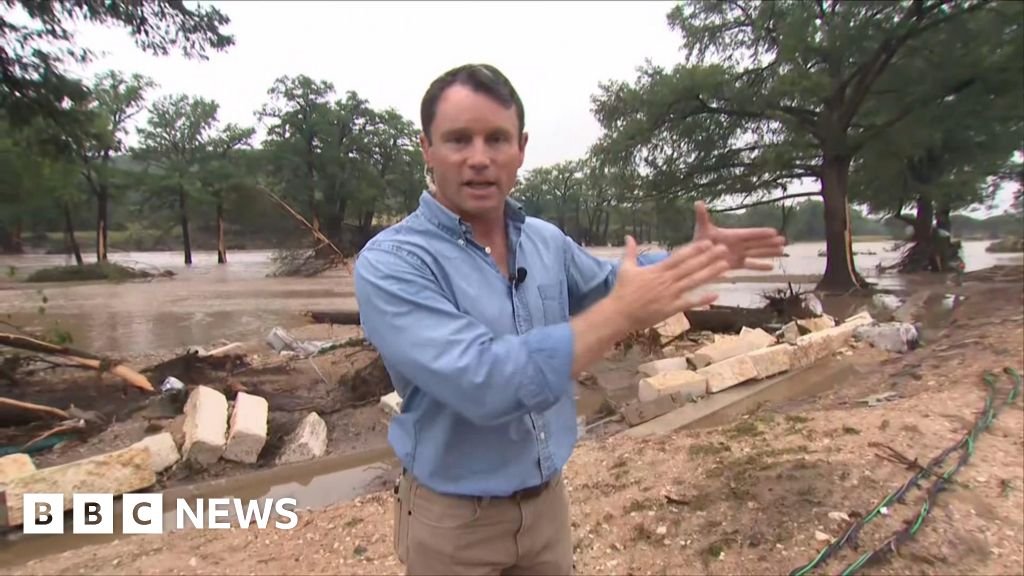Ongoing clashes between armed groups and the SSPDF in Jonglei and Upper Nile states continue to block humanitarian aid to thousands in need. Access remains limited to Fangak, Pigi Canal, Ulang, and Nasir counties, where about 154,500 displaced people urgently require assistance. In June, 53 incidents affecting humanitarian operations were reported.
Violence against aid workers and assets has sharply increased in Jonglei, Upper Nile, Warrap, Unity, and Central Equatoria. In Jonglei, UN contractors were attacked on the Bor–Pibor road, resulting in three deaths and one injury. A UN vehicle was ambushed in Duk County, seriously wounding the driver. In Central Equatoria, 13 humanitarian staff were abducted near Yei and Mugwo for ransom. Armed groups attacked a health facility in Morobo, looted supplies, and burned ambulances. In Unity State, humanitarian services in Panyijiar County were significantly disrupted after five humanitarian staff were relocated for safety reasons, following a series of aerial bombardments in the area. The security threat posed by the airstrikes forced humanitarian organizations to scale down their presence, affecting critical assistance to vulnerable populations
In Upper Nile’s Longochuk County, attackers vandalized two health units, stole medical supplies, and damaged cold chain systems, cutting off essential treatment and vaccinations. Similar actions led to the suspension of support for 13 health facilities in Ulang County, leaving over 150,000 people without basic care.
Bureaucratic constraints are worsening. In Unity and Upper Nile, opposition authorities have established parallel civilian authorities, with the potential to increase aid organisations’ administrative burden. Meanwhile, trucks carrying supplies from Unity to Juba were stopped at a checkpoint due to demands for RRC clearance. In Upper Nile, the State Ministry of Labour blocked a recruitment process due to objections to an online job posting and raised clearance fees by 50%, further straining already limited budgets.
Conflict has also made river routes between Jonglei and Upper Nile inaccessible. As rain begins, roads to isolated areas will soon be impassable. River transport, which is usually the main alternative during the wet season, remains largely unavailable, severely limiting humanitarian access and the delivery of life-saving aid.
Disclaimer
- UN Office for the Coordination of Humanitarian Affairs
- To learn more about OCHA’s activities, please visit https://www.unocha.org/.



